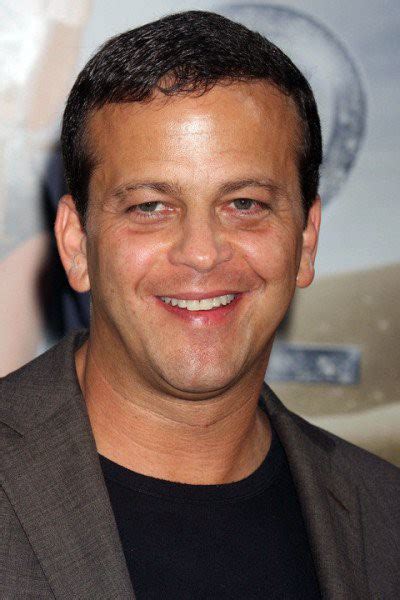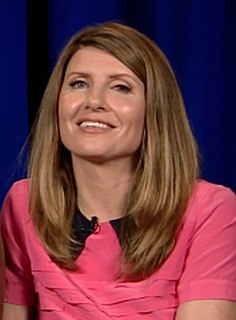A Quote by Brian Greene
Writing for the stage is different from writing for a book. You want to write in a way that an actor has material to work with, writing in the first person not the third person, and pulling out the dramatic elements in a bigger way for a stage presentation.
Related Quotes
Film writing and concert writing are two very different things. In film writing I am serving the film and it tells you what to write. I have to stay within the parameters of the film. In writing concert music for the stage I can write anything I want and in this day and modern age rules can be broken.
People who write for reward by way of recognition or monetary gain don't know what they're doing. They're in the category of those who write; they are not writers. Writing is simply something you must do. It's rather like virtue in that it is its own reward. Writing is selfish and contradictory in its terms. First of all, you're writing for an audience of one, you must please the one person you're writing for. Yourself.
Writing, for me, when I'm writing in the first-person, is like a form of acting. So as I'm writing, the character or self I'm writing about and my whole self - when I began the book - become entwined. It's soon hard to tell them apart. The voice I'm trying to explore directs my own perceptions and thoughts.
I can work a lot faster when I'm writing a screenplay than when I'm writing a play because, if I'm having a problem with a scene or something, I can just be writing it in a way where there's no dialogue, or find a way to make sound do the work that I want to do or a close-up do the work that I need to do.



































